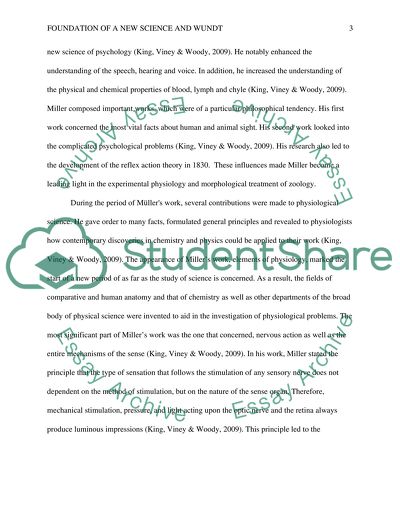Cite this document
(“Foundation of a New Science and Wundt as a figurehead Term Paper”, n.d.)
Foundation of a New Science and Wundt as a figurehead Term Paper. Retrieved from https://studentshare.org/psychology/1669394-foundation-of-a-new-science-and-wundt-as-a-figurehead
Foundation of a New Science and Wundt as a figurehead Term Paper. Retrieved from https://studentshare.org/psychology/1669394-foundation-of-a-new-science-and-wundt-as-a-figurehead
(Foundation of a New Science and Wundt As a Figurehead Term Paper)
Foundation of a New Science and Wundt As a Figurehead Term Paper. https://studentshare.org/psychology/1669394-foundation-of-a-new-science-and-wundt-as-a-figurehead.
Foundation of a New Science and Wundt As a Figurehead Term Paper. https://studentshare.org/psychology/1669394-foundation-of-a-new-science-and-wundt-as-a-figurehead.
“Foundation of a New Science and Wundt As a Figurehead Term Paper”, n.d. https://studentshare.org/psychology/1669394-foundation-of-a-new-science-and-wundt-as-a-figurehead.


